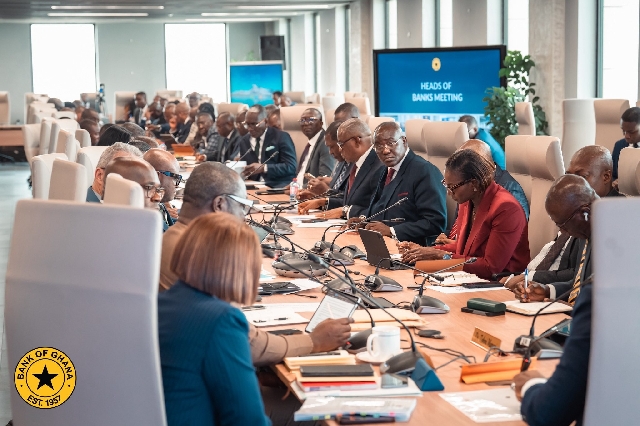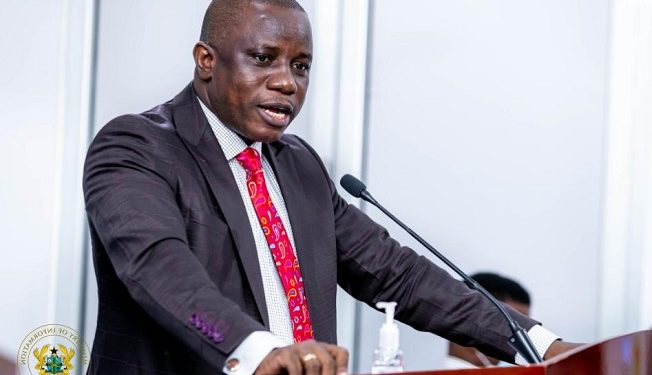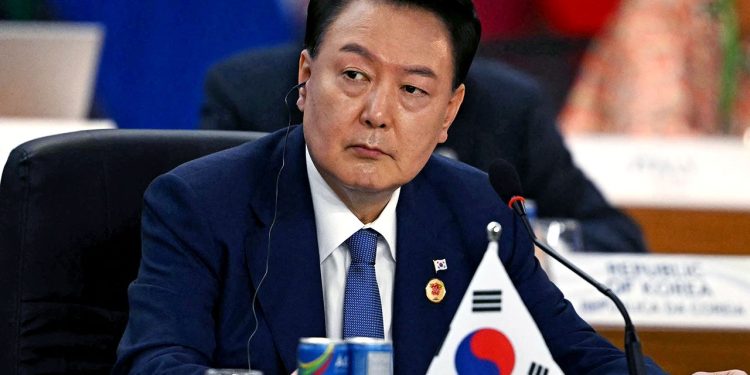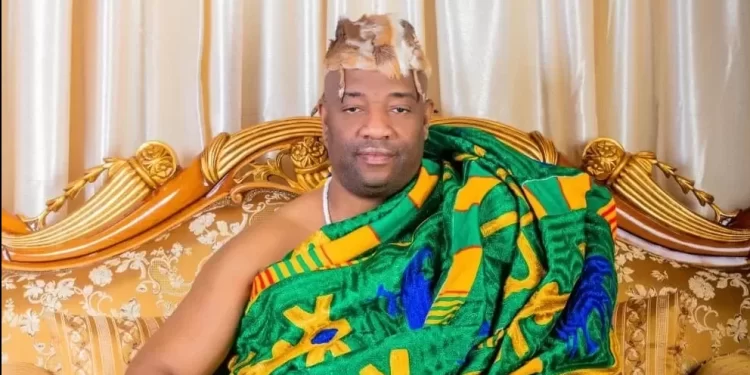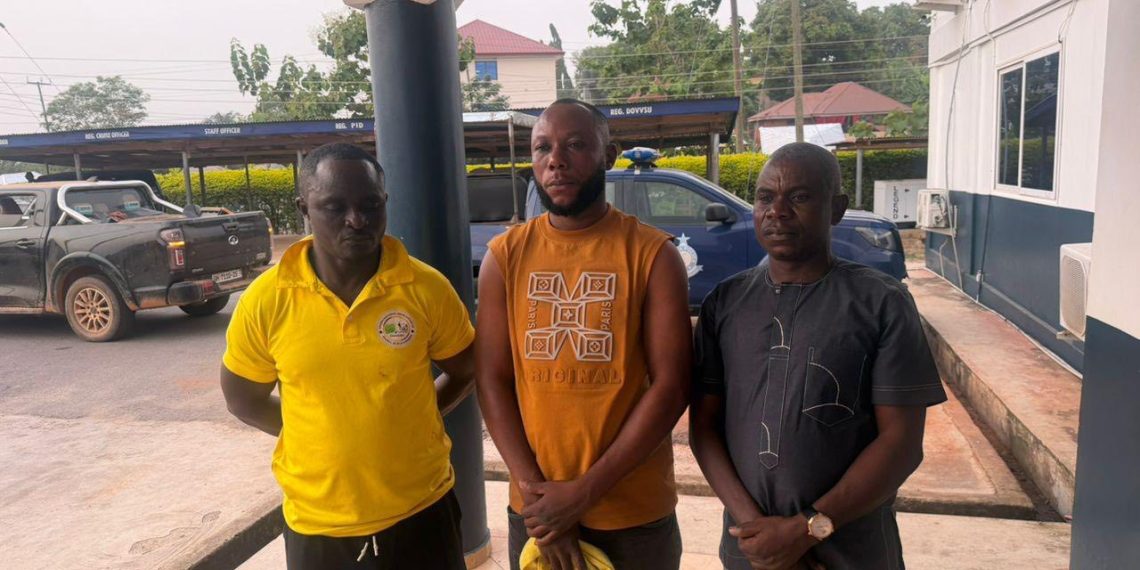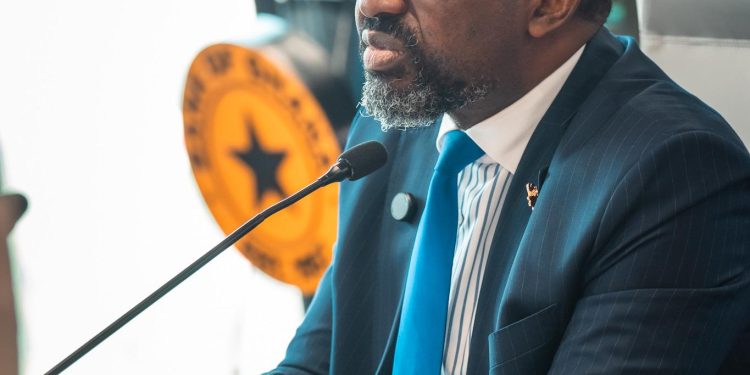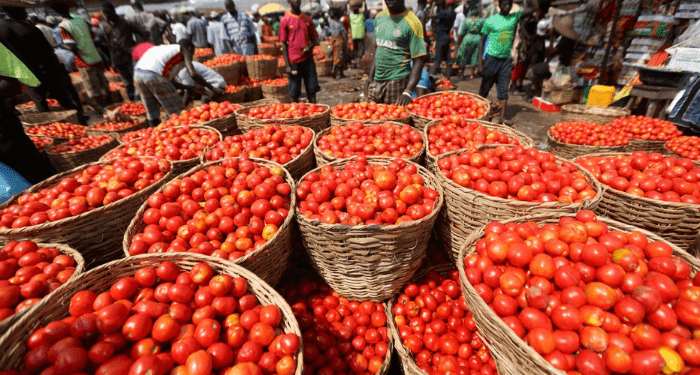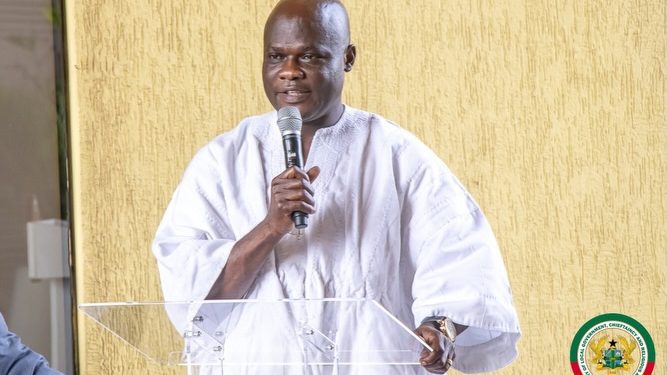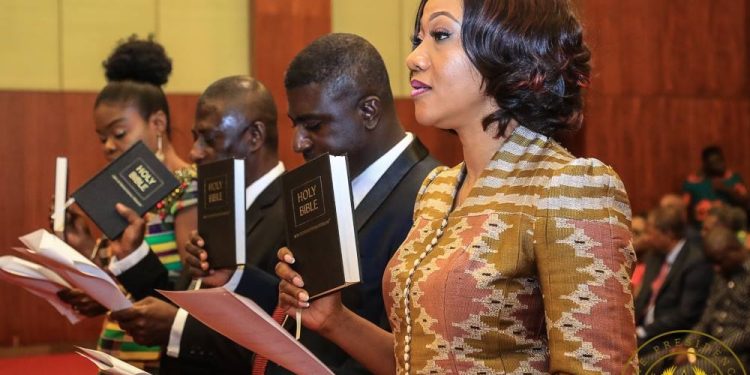Where the red earth stretches beneath acacia trees and the air hums with the rhythm of rural life, one man’s voice rises above the silence that too often surrounds the lives of leprosy survivors. Apexnewsgh reports
Tahiru Suleman, the Assistant Assembly Member for the Awukabisi Electoral Area, is on a mission to transform not just policies, but hearts and minds.
Tahiru’s journey began with a simple but painful observation: “In our community and electoral area, we have a lot of people suffering from leprosy. Just within my electoral area, I can pinpoint about four or five people who are infected.” Yet the challenges facing these individuals go far beyond their diagnosis. Their true struggle is against an invisible enemy: stigma.
This hard reality was laid bare in the documentary “Pains of the Forgotten: Leprosy, Stigma, and Resilience,” produced by Ngamegbulam Chidozie Stephen of ApexNewsGH. Tahiru, speaking with a blend of compassion and urgency, described what he saw: “These people go through a lot. When they are seen in public, people run away from them. Some even think that if the saliva of someone with leprosy touches them, they will be infected.”
For those living with leprosy, every day is a test of endurance. Beyond the pain of their disease is the pain of rejection. Tahiru detailed the myths that persist, deeply rooted in local lore: “Some people think leprosy is a curse from certain families, but that is not true. Leprosy can attack anybody.” To make his point, he shared the story of a close colleague who, despite years of good health, unexpectedly contracted leprosy. “If someone had told him in the past that he would have this disease, he wouldn’t have believed it.”
The stigma is isolating. Many affected individuals lose their livelihoods, shunned not just by neighbors but sometimes even by their own families. “Because of the disease, some of them cannot do any active work. Even within their families, people don’t want to associate with them. For some, even getting food to eat is a big problem,” Tahiru explained, his voice heavy with empathy.
Moved by these injustices, Tahiru has become an outspoken advocate for change. He passionately calls upon health authorities, NGOs, and the general public to intensify education about leprosy. “What they need is love, not rejection. We must all help fight the stigma.”
But Tahiru’s campaign does not end with leprosy. He recognizes that those living with Neglected Tropical Diseases (NTDs) across Bongo face similar challenges. “I think it is our responsibility as Assembly Members to educate the community members about the ongoing stigmatization and discrimination against people living with NTDs in our communities,” he said. Public education, he believes, is the most effective antidote to fear and ignorance. “There is a need for people to know the dangers of discriminating against these people.”
Yet, progress is not easy. Tahiru describes the frustration of working alone: “Our challenge has to do with community members not listening to us individually in this direction.” His answer is to build partnerships with health workers, who bring not only expertise but also credibility to community education efforts. “There is a need for health workers to make themselves available for such exercises in the community.”
For Tahiru, real change will come only when local leaders, health professionals, and ordinary citizens unite in purpose and compassion. He envisions a future where those affected by NTDs can walk freely, participate fully, and live with dignity. “Ending stigma requires a united front,” he insists. “Only then can we create an environment where those affected can live with dignity and hope.”
The seeds of change are already being planted, thanks to organizations like the Development Research and Advocacy Centre (DRAC). With support from Anesved Fundación, DRAC has drilled ten boreholes in Bongo and nearby communities, bringing clean and safe water to thousands. Water health committees now teach hygiene practices that are essential to fighting NTDs and breaking cycles of disease.
But perhaps DRAC’s most transformative work lies in economic empowerment. Basket weaving and soap-making are not merely trades; they are lifelines. DRAC supplies materials, offers training, and connects artisans directly to buyers. “Buyers come to the community to purchase baskets, and we provide materials and training,” explains Executive Director Jonathan Adabre. For many, these initiatives restore not just income, but pride, purpose, and belonging.
The story of Bongo’s leprosy patients and NTD survivors is, at its heart, a story of resilience. It is written in the determined footsteps of nurses on their rounds, the laughter of women weaving baskets, and the hope that flows with every borehole drilled. It is a story that calls for more than sympathy—it demands action, understanding, and a commitment to never again let these lives be forgotten.
As the sun sets over Bongo, Tahiru Suleman’s voice continues to echo, a reminder that the true measure of a community is found in how it treats its most vulnerable. His fight is not just for awareness, but for acceptance; not just for support, but for solidarity. In breaking the chains of stigma, Bongo can become a place where everyone belongs, and where dignity is a right, not a reward.
WATCH THE VIDEO DOCUMENTARY BELOW:
Source: Apexnewsgh.com/Ngamegbulam Chidozie Stephen

